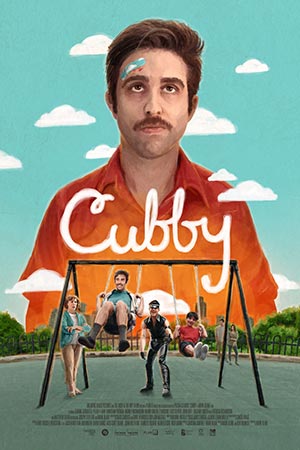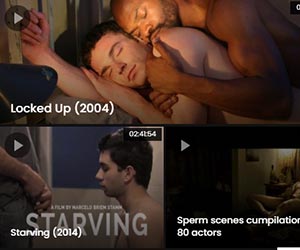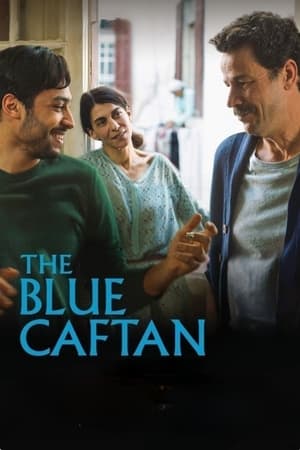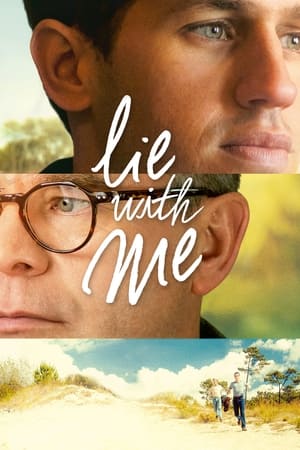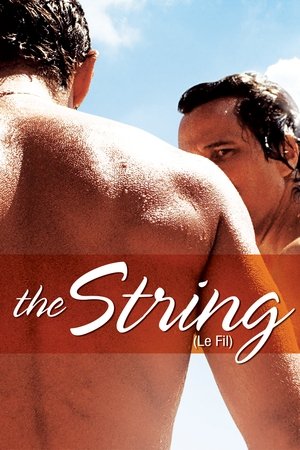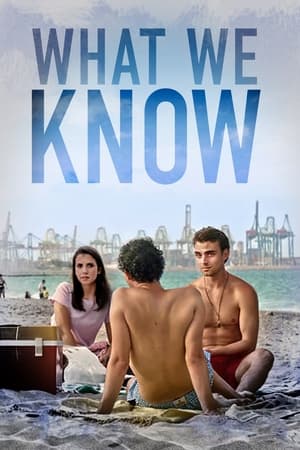The film unfolds through four distinct narratives:
- Mauricio, an 11-year-old boy, grapples with his secret crush on his cousin Oliver, leading to a public confrontation with homophobia.
- College students Fito and Leo unexpectedly fall in love but face challenges when Leo’s fear of coming out threatens their relationship.
- Long-term partners Hugo and Andres navigate the strains of fidelity and desire when Hugo begins seeing another man.
- Retired professor Joaquin finds himself drawn to a hustler in a gay sauna, grappling with desire and loneliness in old age.
 “Four Moons,” directed by Sergio Tovar Velarde, presents an intimate exploration of gay desire and self-acceptance through four interconnected stories spanning different stages of life. The film delicately navigates themes of love, identity, and sacrifice, offering a poignant reflection on the complexities of human relationships.
“Four Moons,” directed by Sergio Tovar Velarde, presents an intimate exploration of gay desire and self-acceptance through four interconnected stories spanning different stages of life. The film delicately navigates themes of love, identity, and sacrifice, offering a poignant reflection on the complexities of human relationships.
The first storyline introduces us to Mauricio, an 11-year-old boy, and his crush on his cousin Oliver, which leads to an unfortunate encounter with public homophobia. Gabriel Santoyo delivers a compelling performance as Mauricio, capturing the fragile yet confident nature of his character. Velarde skillfully portrays the impact of external influences on Mauricio’s journey of self-discovery, highlighting the challenges faced by LGBTQ+ individuals at a young age.
 In the second story, college students Fito and Leo unexpectedly fall in love, but their relationship is tested by Leo’s fear of being outed to his family and friends. Cesar Ramos and Gustavo Egelhaaf bring authenticity to their roles, portraying the complexities of coming out and the pressures of societal expectations. Velarde deftly subverts audience expectations, adding depth to their characters and the exploration of self-acceptance.
In the second story, college students Fito and Leo unexpectedly fall in love, but their relationship is tested by Leo’s fear of being outed to his family and friends. Cesar Ramos and Gustavo Egelhaaf bring authenticity to their roles, portraying the complexities of coming out and the pressures of societal expectations. Velarde deftly subverts audience expectations, adding depth to their characters and the exploration of self-acceptance.
The third storyline revolves around long-term partners Hugo and Andres, whose relationship is strained when Hugo begins seeing another man. Antonio Velazquez and Alejandro de la Madrid deliver nuanced performances, portraying the complexities of loyalty, desire, and sacrifice. Velarde’s focus on Andres’ perspective provides insight into the steadfast commitment to their relationship but occasionally obscures Hugo’s internal struggles.
 The final story follows retired professor Joaquin’s encounter with a hustler in a gay sauna, offering a contemplative exploration of desire and loneliness in old age. Alonso Echanove delivers a soulful performance, but the segment may feel drawn-out and disconnected from the progression of the other narratives.
The final story follows retired professor Joaquin’s encounter with a hustler in a gay sauna, offering a contemplative exploration of desire and loneliness in old age. Alonso Echanove delivers a soulful performance, but the segment may feel drawn-out and disconnected from the progression of the other narratives.
Overall, “Four Moons” offers a compelling and empathetic portrayal of gay life and relationships, though some segments may lack the depth and insight found in others. Velarde’s direction skillfully navigates the complexities of love, identity, and acceptance, creating a thought-provoking and emotionally resonant film that invites reflection on the universal human experience.




